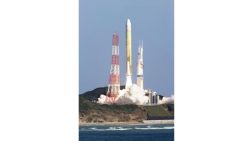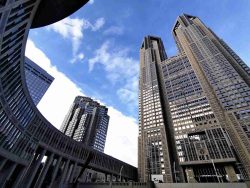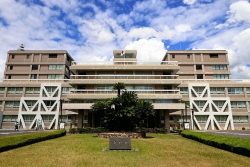Japan to Promote Development of New Research Reactors to Achieve Decarbonization; Ministry Eyes Nuclear Power as ‘Leading Option’
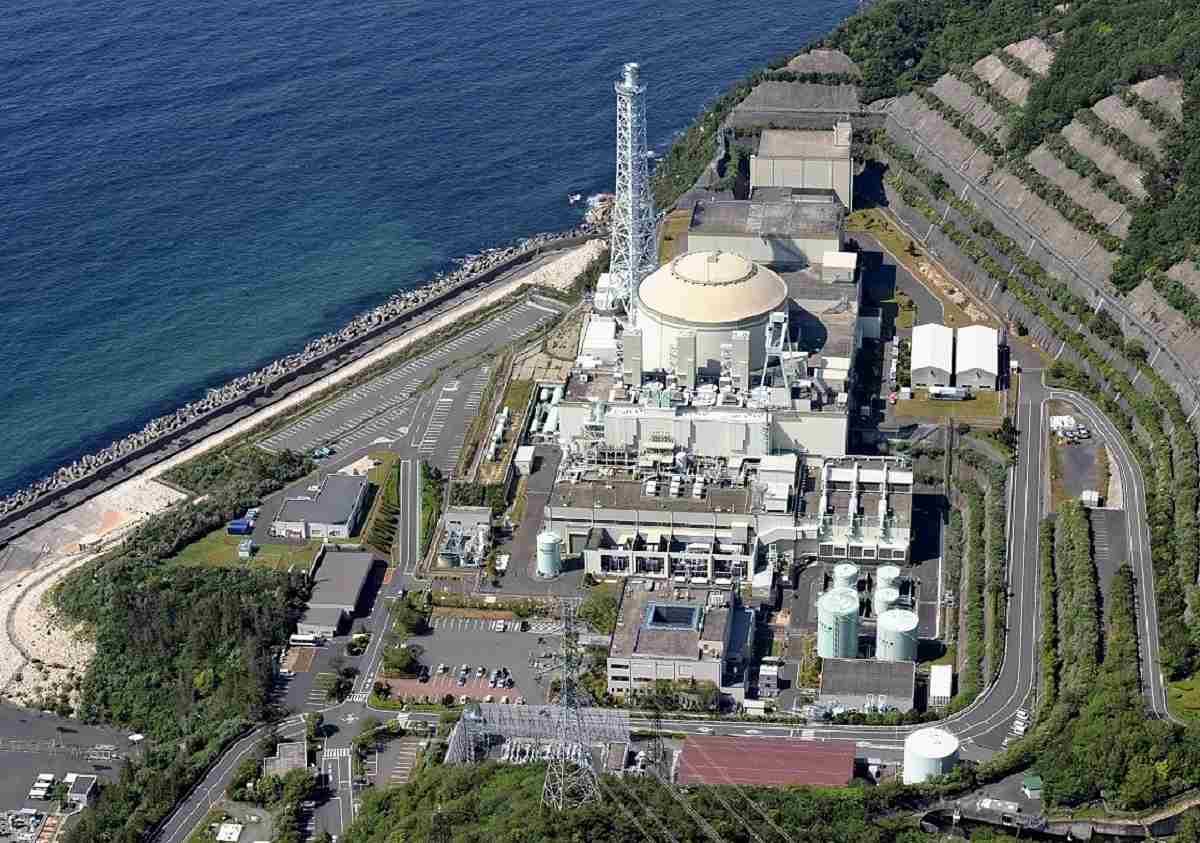
The site where the Monju prototype fast breeder reactor is located is seen in Tsuruga, Fukui Prefecture, in May 2021. A new research reactor is expected to be built on the site.
18:00 JST, June 29, 2024
The science and technology ministry has envisaged measures to promote the development of new research reactors and strengthen technological foundations for building next-generation advanced reactors, it has been learned.
The move is aimed at realizing carbon neutrality and green transformation, as the ministry considers nuclear power as the “leading option” to achieve the goal, according to an outline of its policy direction for nuclear science and technology.
The policy direction is expected to be decided at a meeting of the Education, Culture, Sports, Science and Technology Ministry’s nuclear science and technology committee in July. It specifies the ministry’s vision for the future of nuclear science and technology in line with the basic policy for the realization of green transformation, which was approved by the Cabinet last year.
Referring to the current situation in which energy prices have soared due to Russia’s aggression against Ukraine, the outline stresses, “Nuclear science and technology is extremely important in terms of energy, technology, economy and other aspects of security.” The ministry is expected to include related expenses in its budget request for the next fiscal year.
The ministry intends to accelerate efforts to build a new research reactor to conduct experiments using neutrons, a type of radiation. As many of the existing research reactors have been in the process of being decommissioned due to aging and other factors, a new research reactor is urgently needed.
It has been decided that the new research reactor will be built on the site of the Monju prototype fast breeder reactor, which is currently being decommissioned, in Tsuruga, Fukui Prefecture. In the meantime, the outline calls for specific preparations to be made, such as a geological survey of a candidate site.
Next-generation advanced reactors are expected to be safer and more efficient in processing fuel than existing nuclear reactors. Among such reactors currently being developed are fast reactors, which can efficiently process plutonium and other materials, and high-temperature gas reactors, which are designed to produce not only nuclear power but also hydrogen, a clean energy source.
The outline calls for exploring ways to produce fuel for the Japan Atomic Energy Agency’s Joyo experimental fast reactor, which is currently not in operation, in Oarai, Ibaraki Prefecture, through the use of such next-generation advanced reactors. The ministry hopes to restart the reactor in the middle of fiscal 2026.
Regarding high-temperature gas reactors, which can produce hydrogen by using heat emitted from reaction, the outline sets out the goal of developing a technology to link gas reactors and hydrogen production facilities around 2030 at the High Temperature Engineering Test Reactor, which is also located in Oarai.
Top Articles in Science & Nature
-

iPS Treatments Pass Key Milestone, but Broader Applications Far from Guaranteed
-

Record 700 Startups to Gather at SusHi Tech Tokyo in April; Event Will Center on Themes Like Artificial Intelligence and Robotics
-

iPS Cell Products for Parkinson’s, Heart Disease OK’d for Commercialization by Japan Health Ministry Panel
-

Japan to Ban Use of Power Banks on Airplanes
-
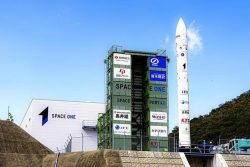
Kairos Rocket Launch Postponed
JN ACCESS RANKING
-

Producer Behind Pop Group XG Arrested for Cocaine Possession
-

Japan PM Takaichi’s Cabinet Resigns en Masse
-

Man Infected with Measles Reportedly Dined at Restaurant in Tokyo Station
-

Israeli Ambassador to Japan Speaks about Japan’s Role in the Reconstruction of Gaza
-

Videos Plagiarized, Reposted with False Subtitles Claiming ‘Ryukyu Belongs to China’; Anti-China False Information Also Posted in Japan





